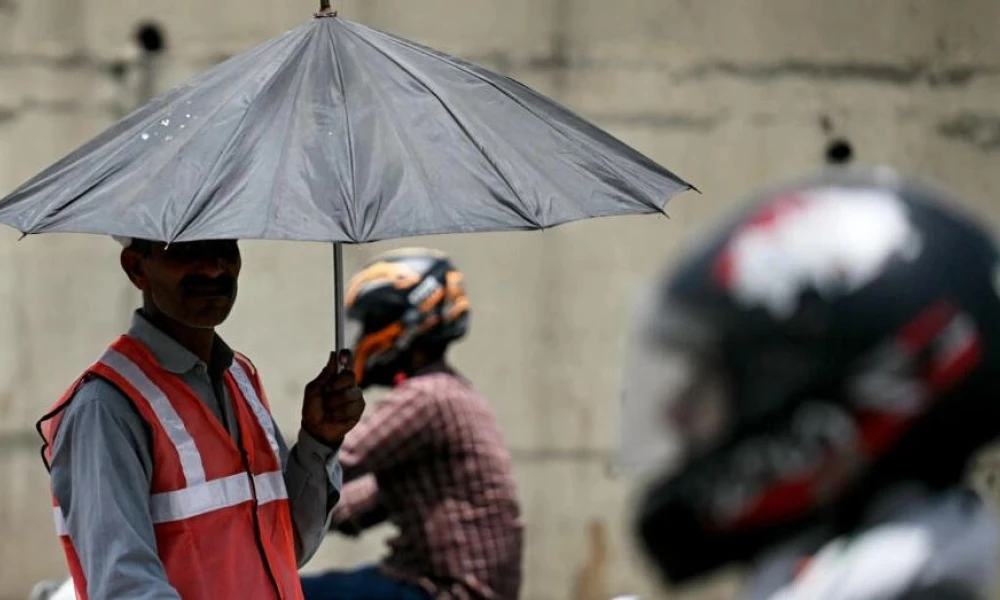Paris: Wealthy nations achieved their goal of providing $100 billion in annual climate aid to developing countries for the first time in 2022, albeit two years later than initially promised, as per the OECD’s announcement on Wednesday.
The delay in meeting the target has undermined confidence in climate negotiations, and the OECD report arrives amidst efforts by nations to establish a more ambitious goal by November.
In 2009, developed nations committed to raising $100 billion annually by 2020 to assist low-income countries in transitioning to clean energy and addressing the escalating impacts of climate change.
After more than a decade, this target was finally reached for the first time in 2022, with $115.9 billion collected, according to the Organisation for Economic Co-operation and Development.
“This accomplishment comes two years after the original target year of 2020,” noted the OECD, which monitors official data on climate finance commitments.
Climate finance can originate from governments through bilateral aid, multilateral development institutions like the World Bank, or the private sector.
The majority of the $100 billion disbursed in 2022 was allocated to climate initiatives aimed at reducing greenhouse gas emissions, primarily in clean energy and transportation enhancements.
However, the $100 billion target falls significantly short of what experts assert developing nations will require for renewable energy and adaptation measures such as coastal defenses against rising sea levels.
A UN panel estimates that these countries (excluding China) will need $2.4 trillion annually by 2030 to address their climate and development needs.
Many developing economies, despite bearing minimal responsibility for the greenhouse gases fueling global warming, face heightened vulnerability to the expensive and devastating impacts of worsening weather extremes.
Climate finance remains a contentious issue at the annual UN climate conferences, with negotiators currently striving to establish a new target to surpass the $100 billion goal.
The hosts of COP29 in gas-rich Azerbaijan have prioritized this matter, aiming to secure an ambitious agreement during the summit in November.
Negotiators convene next week in Bonn for pivotal midyear talks, where disagreements over the new financial target will be addressed.
Some parties advocate for contributions from major emerging economies like China, while differing opinions persist regarding the fundraising amount, management of funds, and eligibility criteria.
Certain developing nations advocate for their climate action to be contingent upon receiving financial assistance.
For instance, India has proposed that developed countries provide $1 trillion in climate finance annually from 2025, which is ten times the current target.
Climate activist Harjeet Singh highlighted the process’s ambiguity and inadequacies, emphasizing the urgent need for wealthy countries to dispel uncertainties and provide genuine, substantial financial support.









